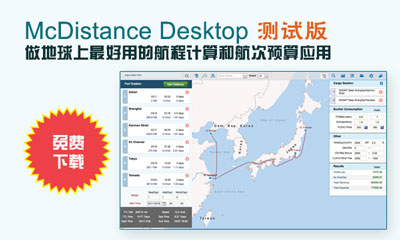
New data published at prixindex.net today indicate that political developments will lead to higher exports from the world’s 20 largest exporters during the coming months, putting downward pressure on the oil price. This means that a negotiations on a deal with Iran are expected to be successful, Iraqi exports are expected to rise in spite of the ongoing unrest in Iraq and Syria, the rising tensions between Sunnis and Shias across the Middle East is not expected to significantly disrupt exports and OPEC is not expected to curb exports.
Political events can have a powerful influence on the oil price. Historical examples include OPEC’s 1973 embargo in reaction to the Yom Kippur War and the 1979 Iranian Revolution. Analysts, traders and academics have had few and weak tools to handle such political events compared to what is available for on economic aspects of oil price formation. The PRIX index attempts to fill this gap with a metric on export trends from world’s 20 largest oil exporters for the coming three months. The index is similar to a purchasing manager index (PMI). PMIs are based on polls of purchasing managers in companies across a sector or an economy and are used to forecast business cycles and economic trends. The PRIX index is instead based on input from experts on the world’s 20 largest oil exporters, and forecasts how political developments will affect exports during the coming months. The index was first published in January 2015 and is updated once quarterly.
The PRIX index global value for the third quarter of 2015 is 55 (down from 56 in the year’s second quarter), which means that the flow of oil to international markets is still expected to rise, though not quite as much in the last quarter. Rising exports will lead to lower oil prices, as long as demand does not fall. (The range of possible index values is 0-100, where 0 represents a maximum reduction in exports, 100 represents a maximum increase in exports, and 50 indicates no change.)
The index is based on input from 261 country analysts. According to their assessments, Iraq, Iran and Oman are the countries where political developments are expected to be most conducive to rising oil exports. In the cases of Iraq and Iran, the numbers are quite dramatic with export surges anticipated by the PRIX Country Analysts. In contrast, the situation in Colombia, Ecuador and Qatar is considered to be most conducive to falling oil exports.
The largest changes from the first to the second quarter of 2015 were in Libya, Oman and Azerbaijan (which shifted towards expectations of rising oil exports), and Ecuador, Qatar and Mexico (which shifted towards expectations of falling oil exports).
The index covers the following countries: Algeria, Angola, Azerbaijan, Canada, Colombia, Ecuador, Iran, Iraq, Kazakhstan, Kuwait, Libya, Mexico, Nigeria, Norway, Oman, Qatar, Russia, Saudi Arabia, the United Arab Emirates, and Venezuela. Each of the 261 country analysts is an expert on – and usually based in and fluent in the local language of – one of these countries. Thus they provide an inside view on political developments in that country. The input on the 20 countries is brought together using a diffusion index formula similar to a PMI to generate a single global number for the political risk to which international oil prices are exposed.
Source: PRIX



